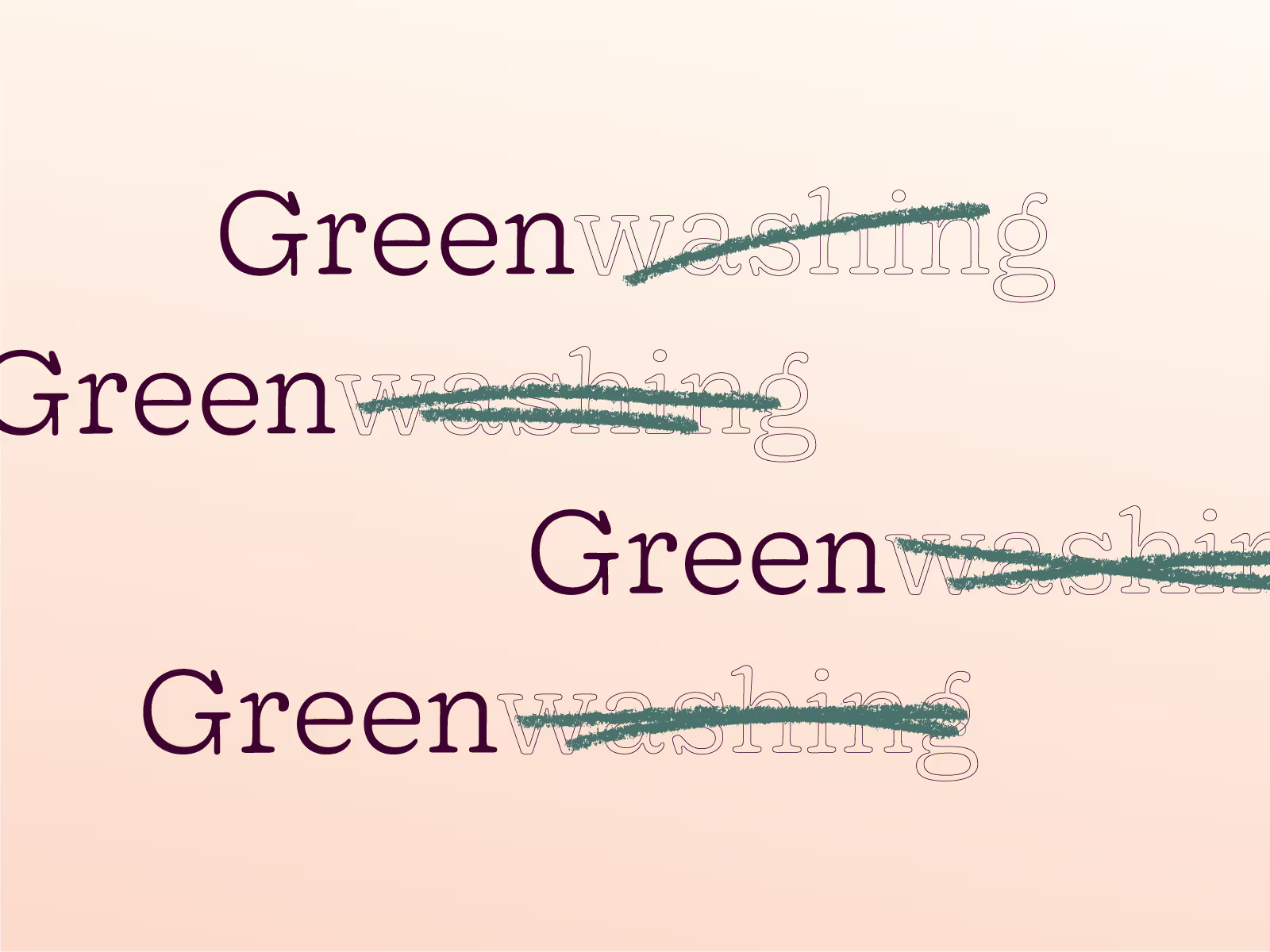What is greenwashing in fashion?
Greenwashing is a marketing technique that makes brands seem more environmentally friendly than they are.
It’s used by companies to deceive customers into buying their products. Without backing up their sustainability claims. Greenwashing usually goes hand in hand with fast fashion.
Is it fashion illusions or truths?
When we’re fed false information it makes it very difficult to know what’s sustainable.
Comparing one brand’s £5 organic t-shirt to another brand’s £30 organic t-shirt. With just one part of the story, it’s hard to justify the more expensive one. But there's obviously more nuance to it.
The European Commission states 42% of green claims made are exaggerated, false or deceptive. So the chances are — you’re being greenwashed every day.
Brands trying to stay relevant
In the last few years — fashion activism has grown a lot. People demanding better. Brands also face more pressure from governments and intergovernmental organisations such as the United Nations to reduce their environmental impact.
This is forcing the fashion industry to take action. Unfortunately, some brands just see it as an opportunity to sell more.
They throw money at flashy marketing campaigns and influencer collaborations to do their sustainability talk for them. With nothing to back up their claims.
Influencers push their millions of followers to buy from exploitative and extractive fast fashion brands.
Laura Whitmore for Primark and Maisie Williams for H&M are recent examples. Boasting about sustainability initiatives of brands with an awful track record.
Why is greenwashing bad?
Greenwashing slows us down. It’s hard enough to get to the bottom of sustainability claims. Even without the lies.
To create a fair future — brands need to be held accountable for what they share and what they don’t. It’s not enough to say what the material is. Where was it made, in what circumstances and by who?
How to spot greenwashing?
Some questions you can ask to understand if brands are as good as they say they are.
- Do they have a few collections each year? It's not a good sign if they release new designs each week.
- Do they make things that last? When quality is not considered, it's soon contributing to more waste.
- Do they use recycled or certified organic materials for most of their products? One collection with sustainable materials is a start, but it doesn't equal sustainability.
- Do they pay their workers a living wage? You can check if your favourite brand pays the workers fairly on fashionchecker.org
- Do they deal with products at the end of their life cycle? Brands should take responsibility for what they release into the world.
- Do they take responsibility for their waste? Are they helping to clean up the mess they’ve contributed to?
If you answered no to most of these questions — it might be a good time to find a new favourite brand.







